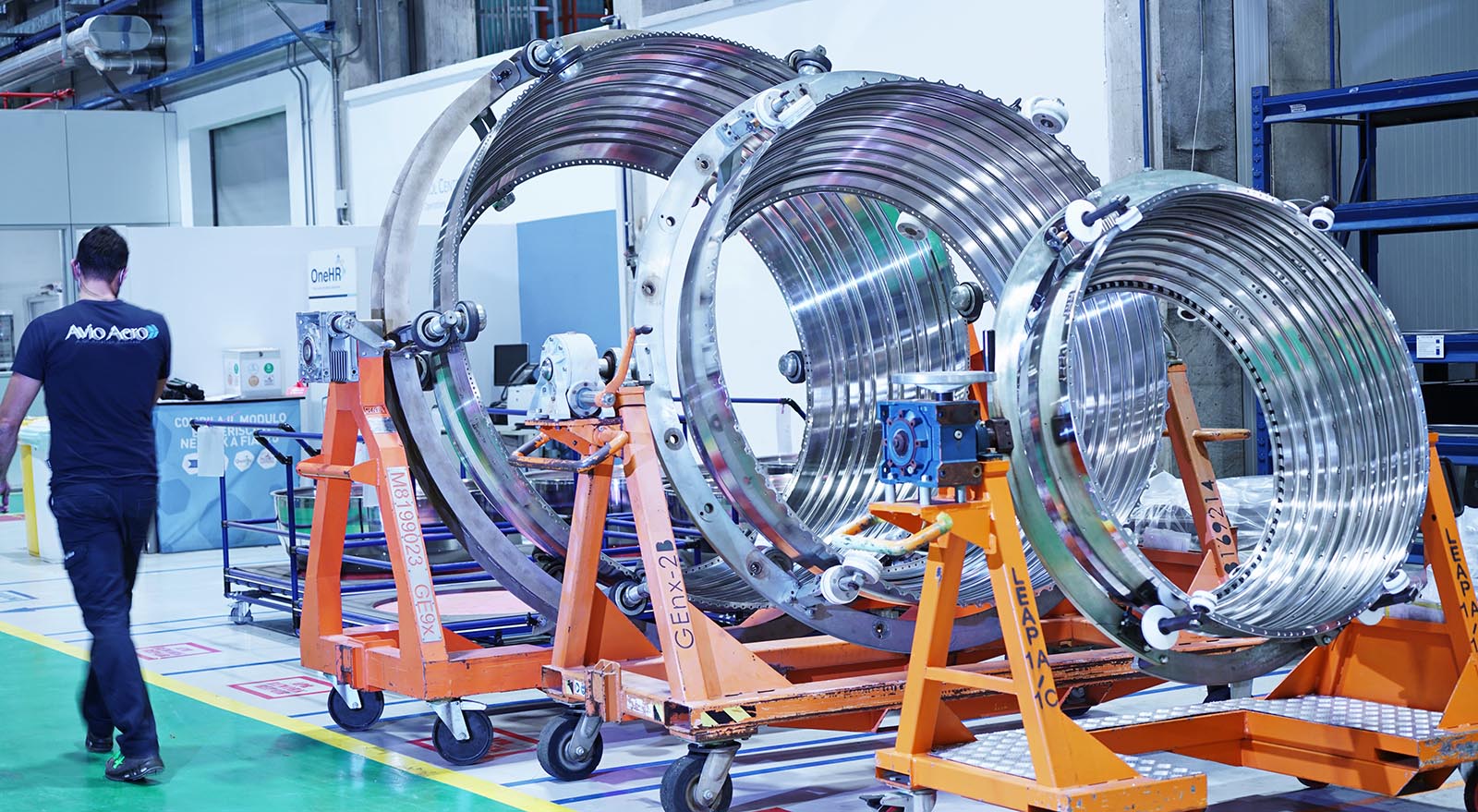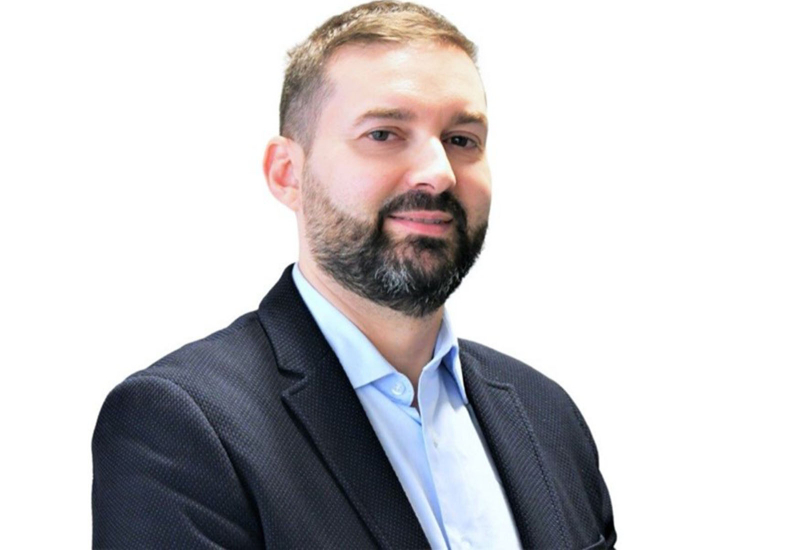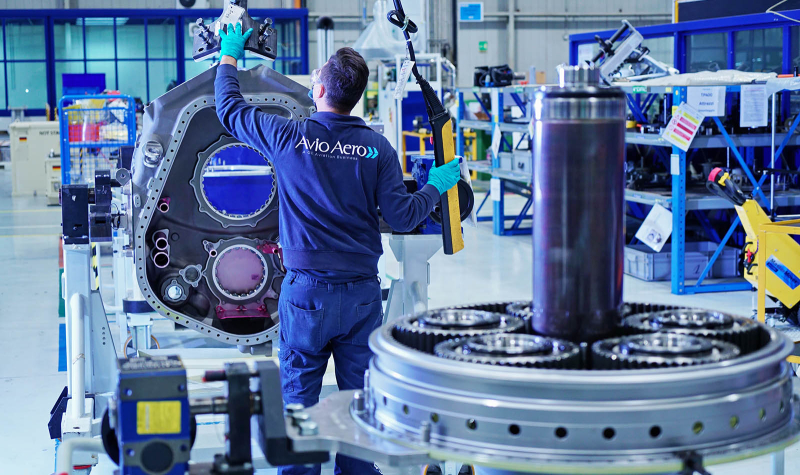Culture
Compliance becomes predictive
Artificial intelligence and data collection enable the development of tools capable of anticipating and addressing efficiently and effectively decision-making choices in the company.
Mar 2024
Digitalization plays a key role in transforming compliance from a preventive to a predictive approach. Artificial intelligence, on the one hand, and systematic data collection, on the other, allow the development of tools capable of anticipating decisions and addressing decision-making choices efficiently and effectively within an organization. This is what Daniel Salzotto, International Chief Compliance & Ethics Officer of GE Aerospace, tells compliancedesign.it, sharing his experience in the world's leading company in the production of aircraft engines.
"Our focus is on predicting risks through technology, which allows us to target actions where there is actual risk," Salzotto explains. This technology is based on two main pillars: the ability to connect a vast amount of data and the ability of a tool to learn and interpret data, predicting future behavior. The goal is to move from a reactive to a proactive approach, anticipating and addressing risks before they arise. "We are addressing this challenge internally, without relying on external consultants. We have recruited an analyst to our team to progress towards more advanced and predictive risk management."
Currently, the project is in a pilot phase, but once the technology is fully usable for the entire team, "training and communication strategies will also become more relevant and timelier."
How does this technology work? A practical example could concern production sites. By linking data from different company functions – such as personnel management data, the number of new hires at a site, financial data and open reporting data – it is possible to obtain a ranking of compliance risk at the various production sites (the company has over 90). This makes it possible not only to identify which plants have the highest compliance risk, but also to correlate compliance risk trends with specific business dynamics. This helps GE Aerospace specifically focus the most appropriate risk mitigation actions.
Communication plays a fundamental role in promoting a corporate culture based on ethics and integrity. In this context, GE Aerospace has developed three levels of interaction. The first level is 'tone from the top', with leaders communicating regularly through messaging, town hall meetings and video messages to set company expectations.
"They often refer to case studies with the goal of informing and making employees understand that the expectation of integrity is the foundation of company culture." The second level involves 'people leaders', who work to ensure that the issue of compliance is discussed in meetings with their team. "We believe it's critical for each leader to communicate their integrity expectations to their teams, supporting the 'tone from the top' in the details of their day-to-day work."
Finally, the third level is linked to the very nature of the company and consists of the widespread dissemination of compliance messages. GE Aerospace is a technology and manufacturing company, with tens of thousands of operators who are difficult to reach due to the nature of their work.
"Many of them aren't often connected to computers or don't check their email regularly, making it difficult to address compliance issues with the same tools they use for other employees." The function therefore tried to understand the business, the organization of the factories and the work rhythms of the workers, "inserting ourselves into those rhythms to convey simplified messages that are relevant to the type of activity carried out by colleagues".
"Our focus is on predicting risks through technology, which allows us to target actions where there is actual risk"
In addition, the company organizes specific information sessions on operational topics and risks. "We set up round tables with employees to gather their perspectives, and we collaborate with other business functions to address specific risks and challenges. The aim is to achieve a collective commitment at every level of the organization."
Compliance is not only about procedures, protocols and controls, "but also represents a key function in building a corporate culture based on ethics, mutual respect and integrity," Salzotto points out. GE Aerospace's goal is to make people feel "comfortable raising concerns or expressing dissent, both within their functions and through reporting policy violations through our open reporting system." In addition, in the aerospace sector, compliance takes on a specific connotation that goes beyond simple compliance with laws and regulations, as it is closely related to the concept of safety in a rapidly changing regulatory environment.
"Traveling by plane often makes us assume that all the technology is designed and built to deal with complex operations in complete safety," explains Salzotto. "Risk management is therefore essential, given the aerospace industry's intrinsic link to safety and trust issues.", in March 2023, GE Aerospace established a new organization called the 'International Compliance Organization' led by Salzotto himself to focus on the work of the compliance function.
"We've built regional compliance teams to give the organization a broad and consistent mission." These teams, made up of professionals who are experts in their areas of expertise, "speak the language of the local people and understand the local culture." This structure offers two main advantages: on the one hand, it conveys the legal and regulatory requirements to the organization's leadership "who can then take them into account in the drafting of policies and in the definition of processes"; On the other hand, it plays a key role at the local level to ensure that actions, processes and risks are managed – not only in line with local requirements – but above all in line with the group's expectations and standards, "often higher than local ones".
"Risk management is essential, given the aerospace industry's intrinsic link to safety and trust"
GE Aerospace's corporate culture, rooted in more than 125 years of history, "preserves the same values all over the world": from the United States to Latin America, to Europe, to Asia. Therefore, it is essential to be clear about the company's expectations on the issues of ethics and integrity, "regardless of geographical location", in order to make appropriate assessments and calibrate any actions or strategies.
In the face of a long experience both in Italy and abroad, Salzotto underlines the diversity of approaches in the definition of compliance policies. The Anglo-Saxon approach, in fact, "focuses on principles and expectations of behavior, often outlined in a simple and clear way." In Italy, and in much of Europe, "we tend to be more precise and detailed." This precision, along with the complexity of managed organizations, "can make it difficult to clearly understand behavior expectations and associated risks," while also opening up "the need to create exceptions." The challenge, therefore, "lies in simplifying the context, focusing the discussion on fundamental ethical principles."
Stakeholders, which include shareholders, customers, employees, and the general public, "do not distinguish potential problems based on their location of origin." Therefore, simplifying the context and focusing on identifying 'the right thing', following the classic example of the 'newspaper test', is the solution that allows you to overcome the diversity of approaches."
The original version of this article is edited by compliancedesign.it.







